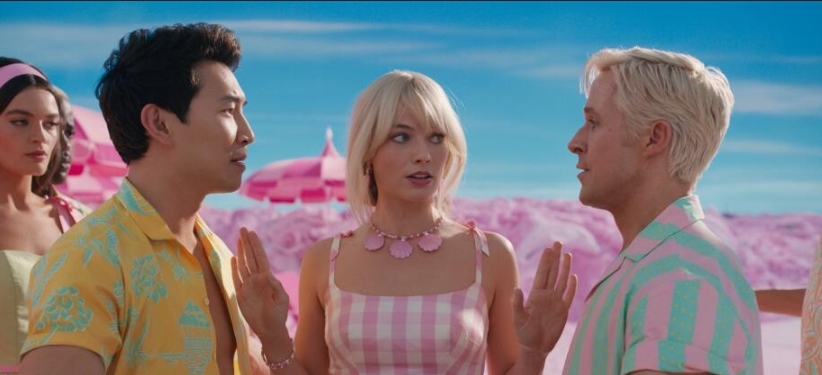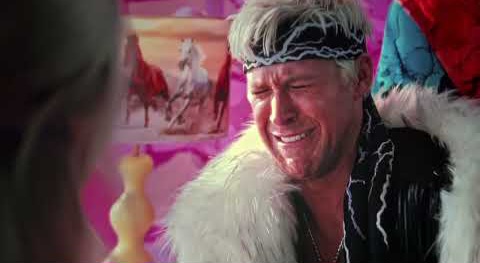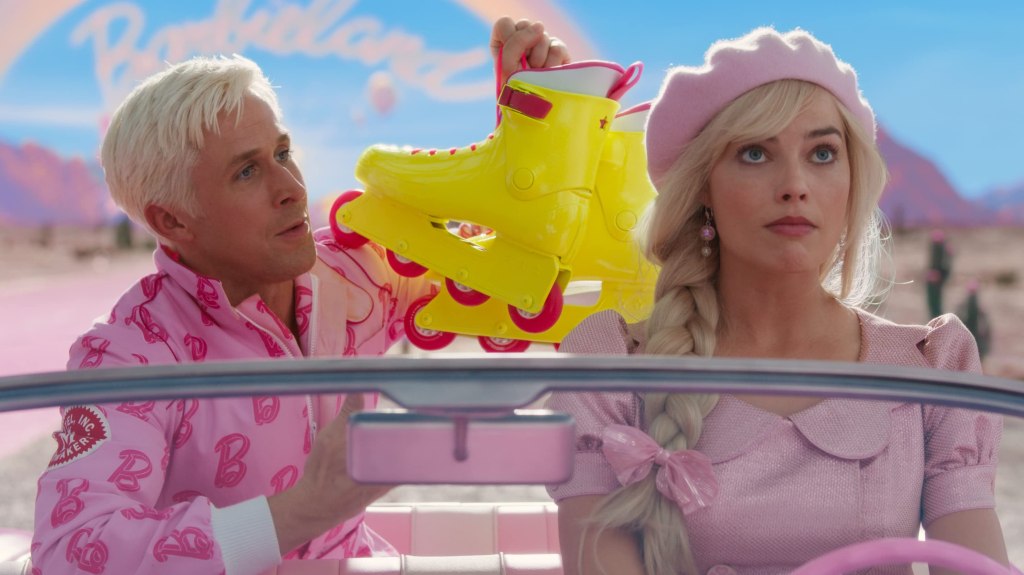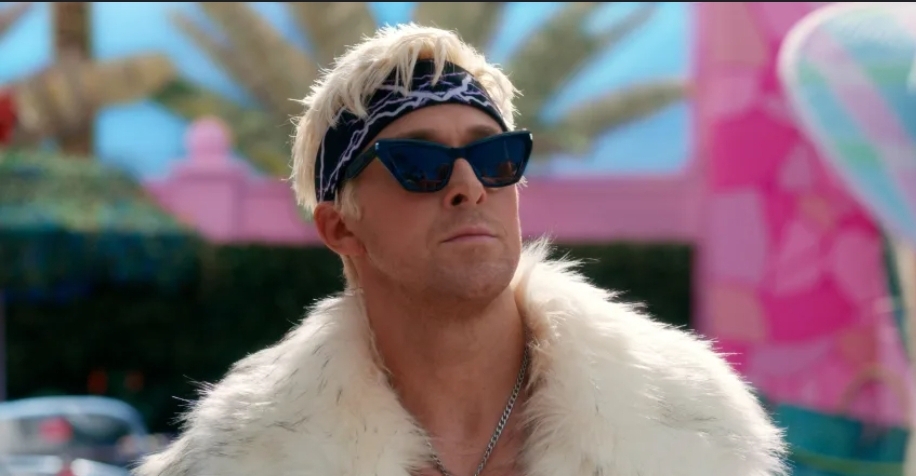Barbie is officially a financial, critical, and cultural success. The movie has been a springboard for some wonderful discussions on some major social issues. Director Greta Gerwig has successfully filled this fantastical tale with multi-layered themes of feminism and empowerment. When asked by The Guardian about these themes, Gerwig said this
“The kind of amazing thing is that Barbie went to the moon before women had the ability to get credit cards… As an icon, she’s always been complicated.”

Among the discussions that have erupted around Barbie, something that I haven’t seen discussed as much is the movie’s depiction of fascism. The term fascism, unlike feminism and patriarchy, does not appear often in the script. However, the movie depicts the rise of a fascist dictatorship in a very clear and frightening way. So, how does Greta Gerwig depict fascism in Barbie?
Fascism in Barbieland
The fall of Barbieland and the rise of The Kendom shows just how easily a shift toward fascism can take place. When we first visit Barbieland, it is clear that gender equality isn’t exactly on full display. As writer Erik Kain pointed out in his review for Forbes:
“In Barbieland, women are in total control. They control the Supreme Court, the Pink House, and have all the best stuff. Every night is girls’ night… When Barbie is asked where the Kens sleep, she isn’t even sure.”

When this inequality is revealed, Ken is able to convince his fellow Kens that the only way to fix things is to rise up and take control through any means necessary. This is a move right out of the fascist playbook.
This isn’t the only hint that fascism is on display in Barbie, either. Ken’s rise to power comes complete with ultra-nationalist rhetoric, the expulsion of opposing political parties from government, and the seizing of private property. He even implements an imposing and ubiquitous iconography (horses) onto everything. These are all hallmarks of fascist revolutions.
Echoes of the Past
Greta Gerwig representing The Kendom as a fascist state is no coincidence. She set out to display a specific blend of a marginalized community seizing power mixed with a hyper-focus on patriarchy and exclusion. This combination naturally leads to fascism, which relies on perceived victimhood and machismo to breed descent.

Umberto Eco, a philosopher, political scholar, and personal victim of fascism, laid out fourteen signs of fascism. He explained that even one of these signs has the potential to grow into fascism. The Kendom exhibits no fewer than seven of these signs. The most obvious of these are “Appeal to a frustrated middle class”, “Anti-elitism”, and “Machismo”.
Appeal to a frustrated middle class. An economically frustrated and/or politically marginalized middle class is easy to stir to anger. The only reason for the Ken’s desire for patriarchy in the first place is that they are an unrepresented class and are frustrated by their lack of independence, power, and attention.
Anti-elitism. The followers are made to feel humiliated by the wealth and strength of the educated “elite.” This is used to create resentment. In Barbieland, the Barbies are most certainly the elite class. They hold all the power and, it appears, all the property. Ken clearly resents his lack of inclusion in this elite class.

Machismo. Fascists show disdain for women and a disregard for chastity. The fact that Ken relegated all women to menial servitude proves the first point. His insistence on Barbie being his “long-term long-distance low-commitment casual girlfriend.” satisfies the latter.
Another hallmark of fascist uprisings is violence. One could be forgiven for thinking that the rise of the Kendom in Barbie was a bloodless revolution. Given the light tones of the film and the relative ease with which the brainwashing is reversed, it certainly doesn’t look overly menacing. However, make no mistake this was indeed an extremely violent coup. In fact, taking someone’s free will and forcing them into servitude is just about the most violent thing one person can do to another.
Barbie Backlash

From the very first trailer for Barbie there was backlash. It was loud, angry, and almost exclusively from conservative and “far right” personalities. At first, they criticized Greta Gerwig’s decision to paint Ken as something of a sidekick. They called him a “simp” (a term which only seems to offend the most fragile among them) to the main character, Barbie, a decision she commented on in an interview with Digital Spy
“The Kens were this kind of forgotten men, they were like accessories to Barbie… I thought it was hilarious, but also tragic, and that’s an interesting story,”

Once the film had been released and we understood the full scope of Ken’s dark character arch, there was even more vitriol. However, these voices very quickly pivoted to praising Ken’s revolution and his totalitarian rule. They latched on to the idea that Ken’s violent subjugation of Barbieland was somehow heroic and that the oppressive Kendom represented some kind of twisted utopia. In doing so they serve as an example of the reactionary nature of fascism, and the ease with which it can spread among conservative circles.
Heed the Warning
Greta Gerwig showed us the complexities of social issues wrapped in a package that is easy to digest. While I do expect elements of Barbie to make its way into the curriculum of women’s studies and social feminism classes, I would caution that its value as an anti-fascist lesson should not be overlooked. This film showcases just how simple fascist ideas can be and how quickly these ideas can turn into horrifying actions.
There is some irony in the fact that Barbie‘s unwitting cultural counterpart is the Chris Nolan biopic Oppenheimer. While one shows a man struggling with the morality of fighting a war against the fascists of the past, Barbie wages a much more subtle war against the insidious fascists of the future.

3 thoughts on “Fascism in Barbieland: Is Greta Gerwig Warning Us About Modern Day Fascists? – ScreenHub Entertainment”